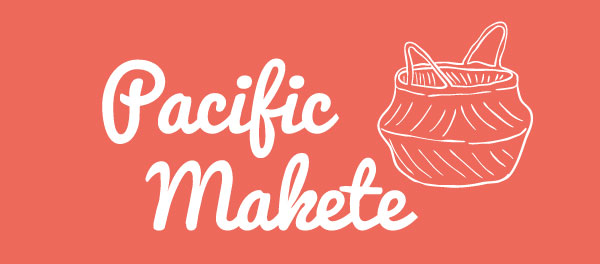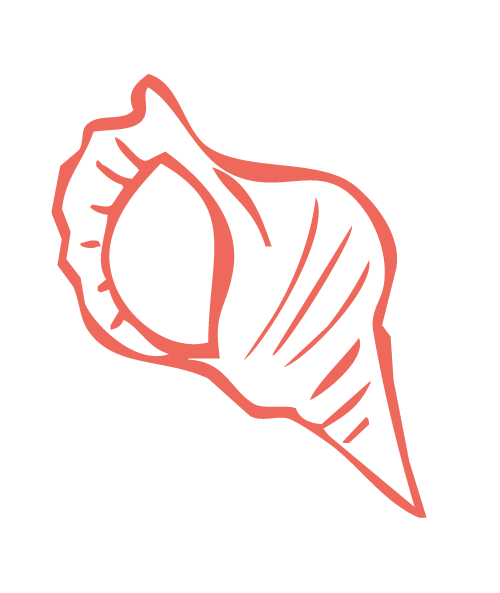An iTaukei parallel on finding balance for work and home

By Alfred Tora
This week we will look into a topic that has come highly requested — Work-Life balance. Though there is no consensus on what work-life balance actually is, a common definition is that it is an equilibrium between your time at work and your time outside of it. A good work-life balance means that demands at work do not infringe on your time at home and demands from your personal life do not disrupt your work.
Having the ability to separate business and leisure can improve work-life balance.
As I started writing this piece, I immediately thought of how relevant this would be for people that work in high-stress environments. I spent some time in the military and I wish I had been aware of this! Having said that, every occupation known to man has a point where work stress naturally begins to seep in and spill over into the family domain. This is why this concept is so important. Because it happens to everyone, creating strategies to clearly distinguish work and life boundaries should be a priority.
So are there examples of work-life balance in the iTaukei societal system?
Imagine that there is a traditional macro event within the clan or tribe. Each role collective, for example the Gonedau or fisherfolk, have tasks that they must complete to contribute towards the event. Each collective has its own preparatory processes with an initiation protocol — prior to the undertaking — and regrounding protocol that is done post-op.
For example, the leader of the gonedau collective wishes to observe a traditional fishing activity. Initial protocols are observed internally to ensure unity in spirit and the resolution of any prior conflicts or disagreements. The day or eve before the event, the gonedau gather in a place and time for a solemn kava ceremony or gunu vata to affirm their spiritual, mental and emotional unity. This gathering then brings the collective into a space that imbues the abilities, skills and attitudes needed for this specific task. These imbued abilities is what is known as mana and results in bountiful catch and extraordinary stamina to perform in the sea. Once the event is complete and the gonedau are back on land, the first catch is presented ceremoniously to the chief. The chief reciprocates and thanks the fisherfolk with a whale tooth called icula ni mataniika (piercing the eye of the fish) and along with it is the sweet delicacy of the vakalolo (grated starch with caramelized sugar) to symbolically remove the salty taste of sea water from the mouths and tongues of the fisherfolk. This brief, but solemn, ceremony takes the gonedau away from the spiritual space they operated in so that they re-emerge as ordinary humans. This is known as Vakavuravura — to re-emerge and re-ground. The vakavuravura is a way of returning the mana, and all that came with it, to is rightful place — back to the spiritual world.
Beginning the Process.
Much like the initiation protocol for the gonedau, the process of getting into a work mindset begins even before the gunu vata.
Prior to entering the spiritual plane, the gonedau, as a collective, strive for reconciliation and unity. This, of course, leads to peace of mind! In the fast-paced society we find ourselves in today, ensuring that things are good at home before you head to work usually gets relegated to the bottom of the to-do list. We’ve all had that times when an argument at home wasn’t properly resolved before walking out the door in the morning. What happens? We spend the rest of the day “out of whack” — stressed, anxious, and distracted. If you had measured, productivity for that day would have decreased tremendously.
Granted there are going to be some days where a solution can’t be reached before leaving for work, initiating the process of reconciliation and unity can definitely help you get through the day.
Having the assurance that everything is good on the homefront ensures that you’re prepared to enter into the work mindset, the “zone”, the spiritual plane.
The Gunu Vata and Morning Routines.
There is a clear mental shift that distinguish when the gonedau enter their “work mindset” — in this example it would be the gunu vata. United as a collective, the gonedau are prepared to perform the gunu vata and enter the spiritual plane where they would receive the mana to complete their work. Once the gunu vata is observed, and the mana bestowed, the gonedau begin their undertaking possessed with single-minded determination to complete their task. No thought is given to what is happening on land. They are immersed, physically and spiritually, in their task.
The ability to shift mindsets is relatively straightforward. Being able to enter a professional mindset is as easy as creating a process or protocol — like the gunu vata of the gonedau — to get you there. The most successful people attribute their productivity to their morning routine, what we now know is their protocol to get into the mindset. Books like The Morning Routine and The 5am Club are some examples of best-sellers on this topic. By creating a protocol, like the gunu vata or morning routine, you are conditioning yourself psychologically to get into a work mindset. You prepare yourself to be the most productive and effective you can be before you even enter the workplace.
You, like the gonedau, can develop the ability to get into the “zone” by creating a process of preparation for the day ahead.
Vakavuravura and Re-Grounding
You’re done for the day and it’s time to go home. It’s never a good idea to take work home with you. The gonedau, once their task is complete and are back on land, are able to re-emerge from the spiritual space they operated in via the protocol of vakavuravura or re-grounding. Through this brief, but solemn ceremony, where the turaga serves a sweet delicacy to symbolically remove the salty taste, the gonedau are able to reintegrate back into their families and society.
Creating a similarly brief process for yourself, on the way home, can do wonders for you and your family. Like how the sweet vakalolo physically and spiritually re-grounds the salt-drenched gonedau, having a routine/protocol/activity that helps remove “work worries” is something I highly recommend.
My re-grounding process begins on the ride home. I put on my favorite playlist and start thinking about activities we’d do as a family at home, whether that be playing with my kids or cooking dinner. As I slowly acclimatize back into the home mindset, I try to prepare myself to enter my home energized — re-emerging from my work mindset.
Some other re-grounding activities you can try are:
- Calm breathing exercises.
- Listening to podcasts/news.
- Reading the newspaper/book.
- Changing out of your work clothes/uniform before meeting the family.
Being able to re-ground yourself before spending time with the family is extremely important. Whether you have children who want to play, a spouse or significant other that wants to talk, or parents that just want to spend time with you, being able to be both physically and mentally there makes a whole world of difference.
Creating processes and routines to help you get ready for work and for home has never been more critical. Technology has blurred the traditional work-life boundaries and so being able to switch between a home mindset to work mindset, and vice-versa, is incredibly important today. In this edition, we were able to learn from traditional iTaukei protocols that were used in times past to enter, and re-emerge from, spiritual states required by specialists to accomplish their tasks in society. The protocols of gunu vata and vakavuravura clearly teach us the importance of having routines and habits from which we can shift mindsets for work and home. Once again, we are able to learn strategies that were thought to be only derived from modern research, by looking into traditional iTaukei value systems.
I have no doubt that creating routines for yourself will give you an advantage over your peers. This is doubly important for people that work in high-stress environments but, as I mentioned before, work naturally creates stress and so being aware of these strategies can make all the difference.
Do these strategies actually work? Well it did for our ancestors!
This article first appeared on Alfred Tora’s blog.

